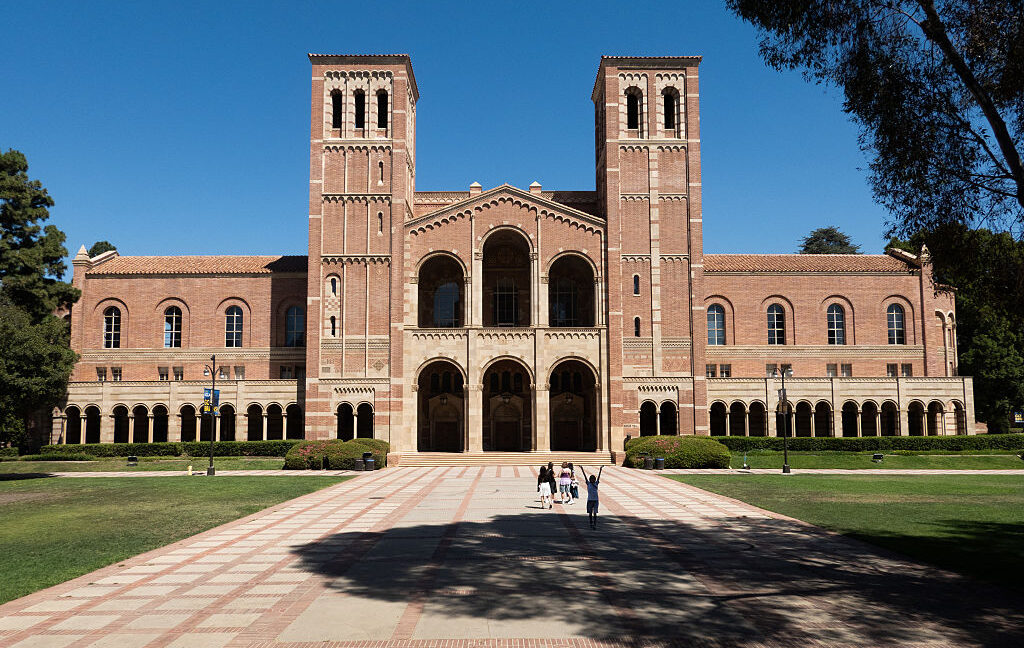The final step is a proposed settlement that would include large payments (over $1.2 billion in UCLA’s case) and a set of conditions that alter university governance and instruction. These conditions often have little to no connection with antisemitism.
While all of this was ostensibly meant to combat antisemitism, the plaintiffs in this case presented a huge range of quotes from administration officials, including the head of the Task Force to Combat Anti-Semitism, saying the goal was to suppress certain ideas on campus. “The unrebutted record in this case shows that Defendants have used the threat of investigations and economic sanctions to… coerce the UC to stamp out faculty, staff, and student ‘woke,’ ‘left,’ ‘anti-American,’ ‘anti-Western,’ and ‘Marxist’ speech,” Lin said.
And even before any sort of agreement was reached, there was extensive testimony that people on campus changed their teaching and research to avoid further attention from the administration. “Plaintiffs’ members express fear that researching, teaching, and speaking on disfavored topics will trigger further retaliatory funding cancellations against the UC,” Lin wrote, “and that they will be blamed for the retaliation. They also describe fears that the UC will retaliate against them to avoid further funding cuts or in order to comply with the proposed settlement agreement.”
That’s a problem, given that teaching and research topics are forms of speech, and therefore protected by the First Amendment. “These are classic, predictable First Amendment harms, and exactly what Defendants publicly said that they intended,” Lin concluded.
Beyond speech
But the First Amendment isn’t the only issue here. The Civil Rights Act, most notably Title VI, lays out a procedure for cutting federal funding, including warnings and hearings before any funds are shut off. That level of coercion is also limited to cases where there’s an indication that voluntary compliance won’t work. Any funding cut would need to target the specific programs involved and the money allocated to them. There is nothing in Title VI that enables the sort of financial payments that the government has been demanding (and, in some cases, receiving) from schools.

